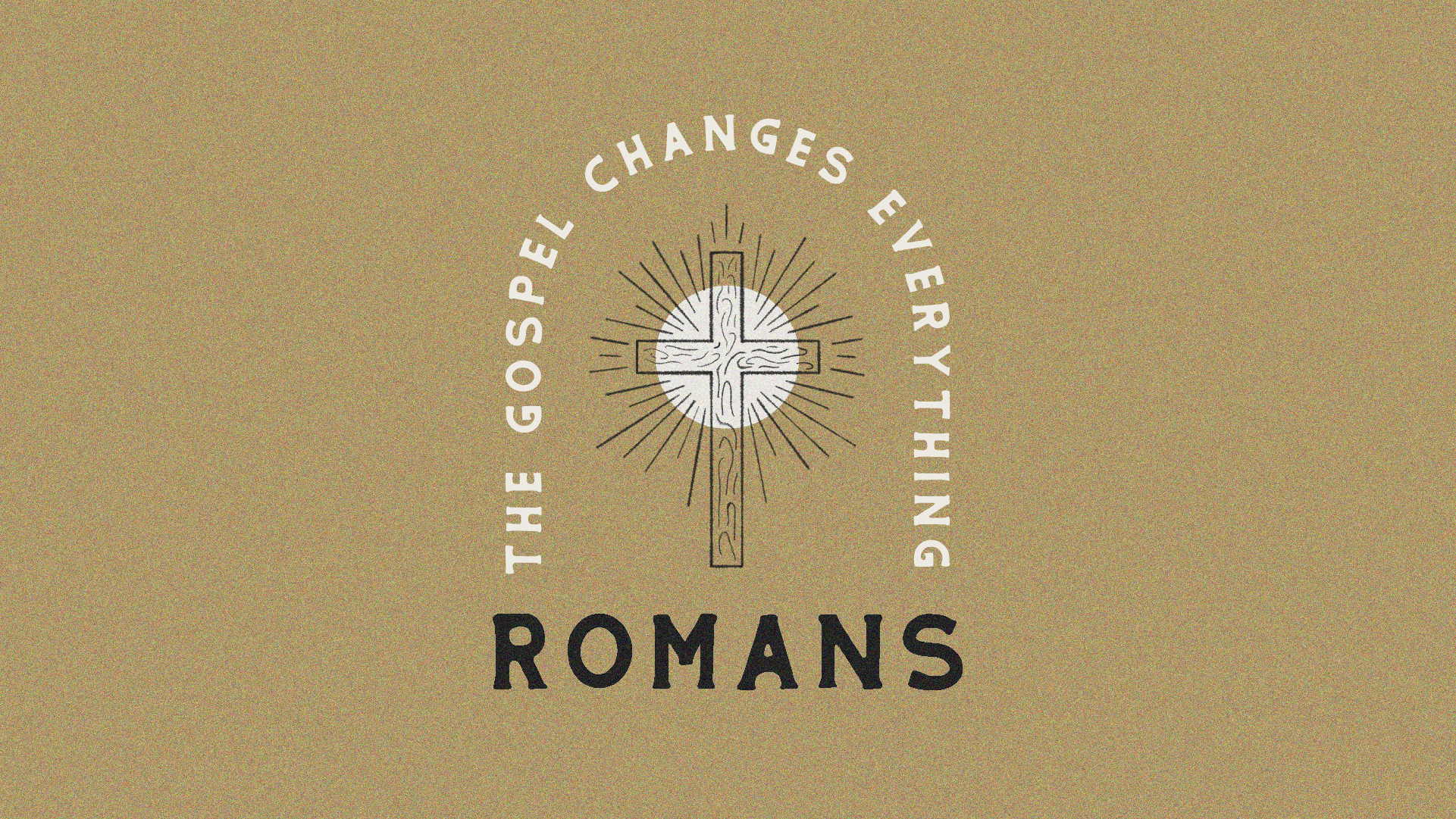
Batman and Joker. Harry and Draco. Ariel and Ursula. Woody and Buzz. Daisy and Jordan. Frankenstein and his monster… These characters are called foils. A common literary device used in books, movies, and television, the foil, is a character opposite the hero who is similar in some respects but crucially different in others in order to emphasize certain heroic characteristics of the protagonist.
In arguably one of the most important chapters on salvation in his letter to the Romans, Paul uses this literary device to help us better understand the majesty and grace of Jesus Christ by comparing him with another important historical figure, Adam.
In most English Bibles, Romans 5:12-21 is appropriately titled something like, “Death in Adam, Life in Christ”. Paul compares and contrasts Adam - “a type [or pattern/model] of the one who was to come”- to the Bible’s True Hero, Jesus Christ - “the last Adam” (1 Cor. 15:45). Christ’s seeking, justification, reconciliation, and sacrifice is made all the more powerful when compared to his foil, Adam. Adam, the first man, is the ambassador for all humanity; because of this, Adam’s sinfulness in the garden has led to death for all who come after - meaning, all of humanity (Lee). Not only do we adopt an inherent, sinful disposition from birth which leads to more sin - called original sin - but, even more devastating, we have ruined standing before God because of Adam, called imputed sin (Perman). Because God cannot be in the presence of sin, all tribes, tongues, and nations are separated from the Father - both physically and spiritually for all eternity (Genesis 3:19; 2 Thessalonians 1:9).
Fortunately, there is One who is better than Adam. God, being rich in mercy, sent his only Son to earth to be the propitiation for our sins - meaning, we fully deserve God’s wrath, but Jesus appeases this wrath by taking our place through his death on the cross (Ephesians 2:4-5). Jesus Christ came to earth as fully God yet fully man, lived a perfect life of obedience by fulfilling the Mosaic Law that we could never fully obey, died a substitutionary death in humanity’s place, rose again - defeating sin and death - and returned to the right hand of the Father. Although Adam is similar to Christ in that he is a covenantal head, there are several key distinctions to be made.
The purpose of Paul’s use of a foil is plainly seen when we consider a real-world application. John Calvin would argue that comparison of our broken selves to God is crucial in understanding the glory of the Creator and the purpose of our creation. In Adam, we are eternally separated from the Father, left to be forever disappointed in the world we live in and the life in hell we will inherit. In Christ, we are eternally re-connected with the Father, living joyfully amongst a broken world in hopeful anticipation of eternity in a completely restored Kingdom that far exceeds even our wildest expectations of earthly satisfaction.
While it is important to consider the contrast between the two men, there is a pressing matter we must also be worried about.
All of the world is either in Adam or in Christ. With that being said, in light of this Great Foil, unbeliever, consider this: if the Gospel story is true, then all humanity, if they are drawn in, is given the free opportunity to partake in the glorious grace offered by Christ Jesus that leads to eternal life and a lasting inheritance apart from this broken world. F
or the repentant believer, passages like Romans 1:20 and Romans 10:14-16 should stir up compassion for our unbelieving friends who have not received salvation and are still lost to their imputed sin; just as all humanity faced judgment regardless of if the Mosaic Law was set in place, all humanity will face judgment regardless of if the Gospel of Christ is heard. Just as you were once lost in your sin and shame, so are billions of others - unbelievers - presently bound to the “hereditary depravity” and in need of adoption (Lee).
How are they to enjoy salvation and new life in Christ if they’ve never heard? How are they to be made aware of this deep internal groaning for salvation if no one has ever expressed the eye-opening good news of the Gospel?
How awesome would it be to join God today - in your workplace, classroom, neighborhood, community - in His goal of bringing all tribes, tongues, and nations from the line of Adam into Jesus’ glorious lineage as we simultaneously await the Day when we no longer need literary devices to better understand the glory and beauty of our Savior? The task may be uncomfortable but so incredibly necessary; the state of someone’s soul is at stake, and Jesus’ Grace is abounding.
Austin is a Covenant Member at Redeemer and leader in the college ministry. Originally from Midland, Austin is a senior at Texas Tech University, studying Psychology. He is planning on staying in Lubbock after graduation to pursue next steps in being sent to the nations.
References
Lee, Zach. “Sin.” Theological Equipping Class: The Parkway Church, 11 March 2018.
Ortlund, Dane C. (2021). Gentle and Lowly: The Heart of Christ for Sinners and Sufferers.
Perman, Matt. “What is the Difference Between Original Sin and Imputed Sin?” www.desiringgod.org, 23 January 2006.
Piper, John. “Adam, Christ, and Justification, Part 3”. www.desiringgod.org, 2 July 2000. Sermon.
These Stories on The Gospel Changes Everything

806-318-0355
info@redeemerlubbock.org
6402 Elgin Ave.
Lubbock, TX 79413
Copyright © 2026, Redeemer Church of Lubbock. All Rights Reserved. Website by Clever
No Comments Yet
Let us know what you think